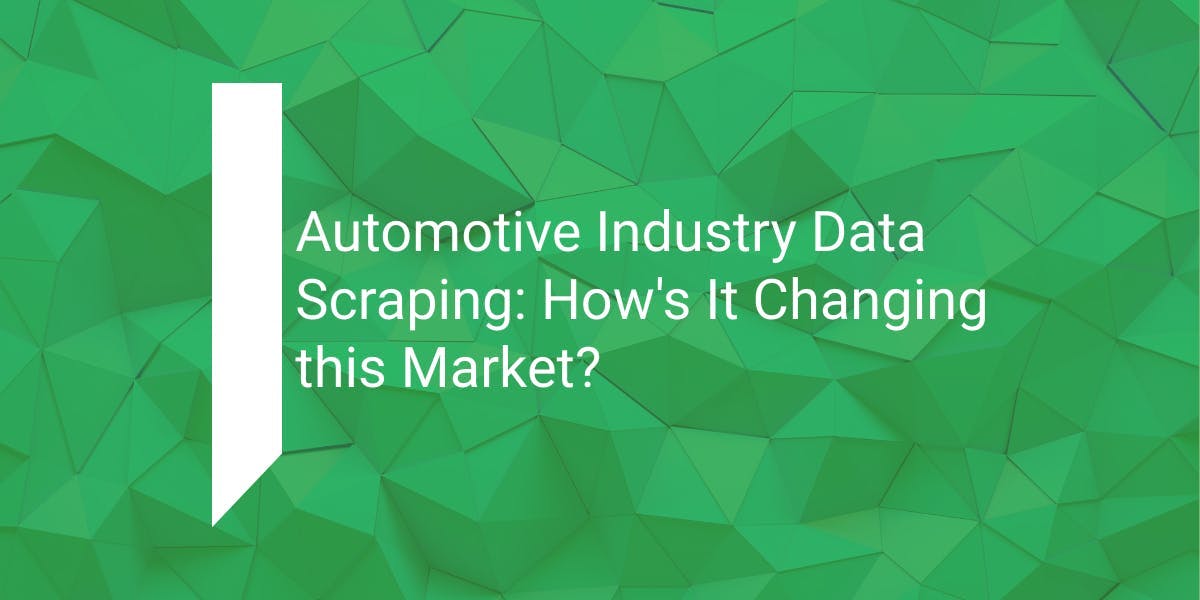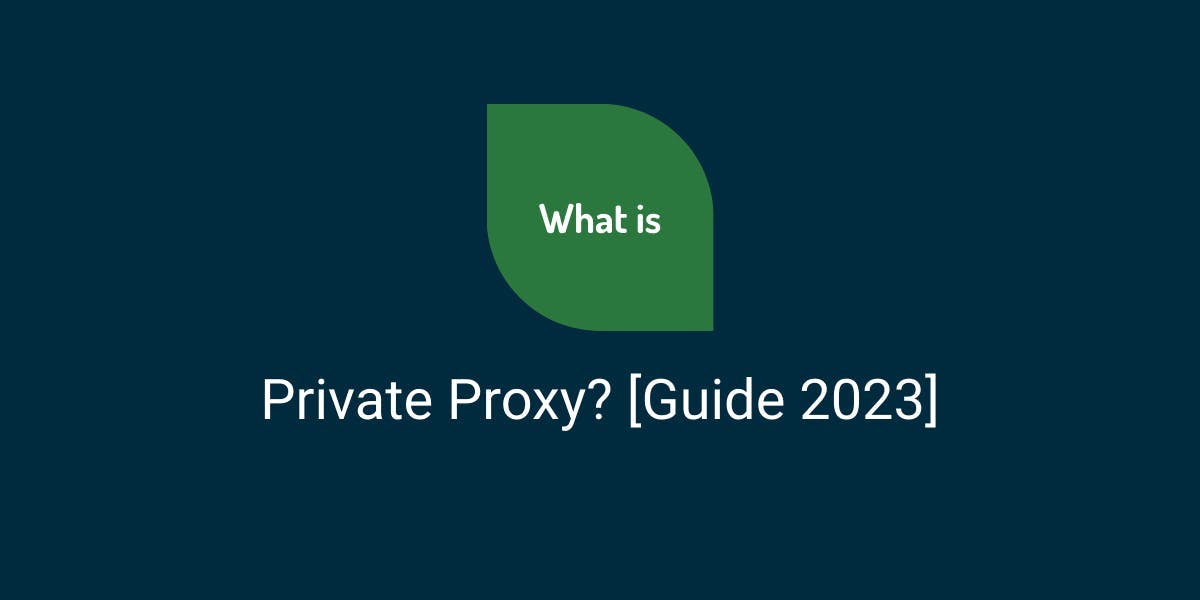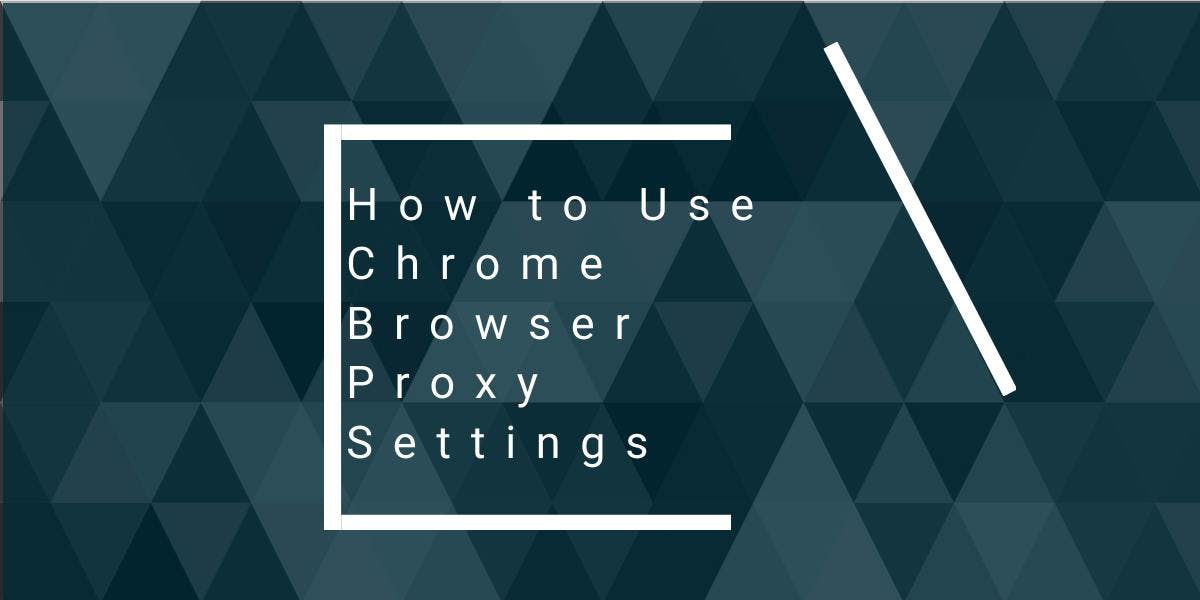Automotive Industry Data Scraping: How's It Changing this Market?
Flipnode on May 03 2023

A decade ago, the automotive industry was struggling in the aftermath of the Great Recession, and survival was the primary concern for many market players. Fortunately, the market landscape has significantly improved, with emerging consumer demand for cars and auto parts in developing countries and innovative future vehicle concepts creating business opportunities.
To take advantage of these opportunities, forward-thinking companies are turning to web scraping practices to gather data-driven insights and facilitate the decision-making process. In this article, we will provide a brief introduction to web scraping in the automotive industry and explore some proven use cases for external data collection. We will also discuss the essential tools required for efficient data gathering, compare options for large companies, and provide guidance on using an auto web scraper. Let's get started.
Automotive industry data scraping
To start, web scraping is the process of gathering public data from various sources on the internet. This involves identifying specific data points on websites and extracting the desired information for later analysis. Web scraping relies on web data sources, automation, and proxy networks (which will be discussed further later on).
For instance, in the used car market, industry players typically extract data on car make, model, year, price, mileage, fuel type, and auto parts, among other things.
Additionally, web scraping can be used to collect data on customers' preferences, reviews of users and auto parts, purchasing habits and power, warranty repairs, and more. This type of automotive industry data is usually utilized for predictive market analysis and helps companies identify potential business opportunities.
Use cases
Here are some of the proven use cases of web scraping in the automotive industry:
- Web scraping practice is primarily used to obtain market trends and pricing intelligence, such as monitoring consumers' purchasing behavior, global sales information, and competitors' pricing tactics. This analyzed data shapes the policies of companies that are focused on data analysis and tracking trends in their markets.
- Aggregated car listing websites rely on web scraping to extract a vast amount of real-time data from the internet and display it on their sites for consumers' convenience.
- Auto parts sites use web scraping to monitor the demand and supply for auto parts by exploring their competition's product catalogs, sales figures, auto part reviews, warranty repairs information, and other related data.
- Web scraping is also used for consumer sentiment analysis, allowing automotive manufacturers and auto traders to gather powerful insights from drivers. These insights aid in optimizing existing procedures and generating designs for future vehicles.
Of course, we only scratched the surface here. The automotive industry generates a massive amount of data on the web that holds immense value for the used car and auto parts market participants, car manufacturers, or even start-ups hoping to become the next Tesla.
However, before the automotive industry data analysis phase, the first step for all data-driven market players is to have a robust external data gathering process in place.
Data extraction tools and solutions
Companies may opt to develop their own web data mechanisms in-house, which requires the use of automation tools like web scrapers, and software scripts designed to extract data from websites. Typically, these web scrapers are created and maintained by developers and must be supported by a proxy network in order to successfully gather data.
This is because many websites that contain public data have data request limits in place, and will start to block IP addresses (including those associated with web scrapers) once they receive a high volume of requests. To avoid being blacklisted, it is crucial for web scrapers to utilize proxies, which have their own unique IP addresses. By using a large number of proxies, web scrapers can evenly distribute requests among the IP address pool and avoid reaching the data request limit imposed by the website.
It’s a wrap
By now, you should have a good grasp of how the automotive industry is leveraging web scraping and the necessary resources to effectively collect data.
It's clear that with continued technological advancements in the industry, insights derived from data will play an increasingly critical role in shaping the policies of automotive companies in the foreseeable future.



